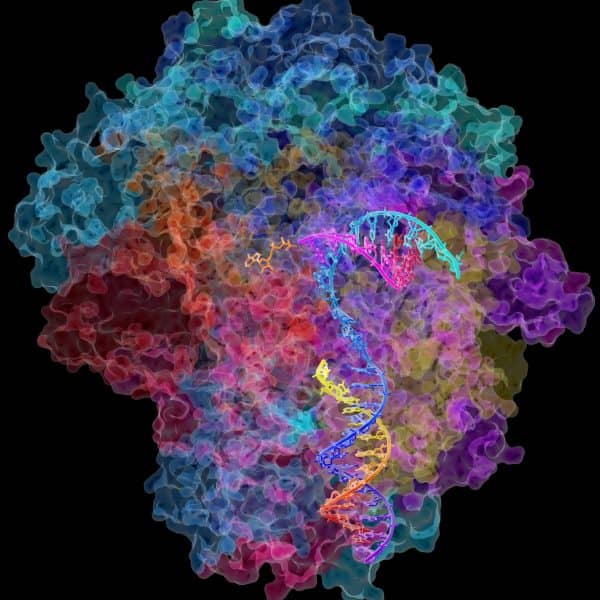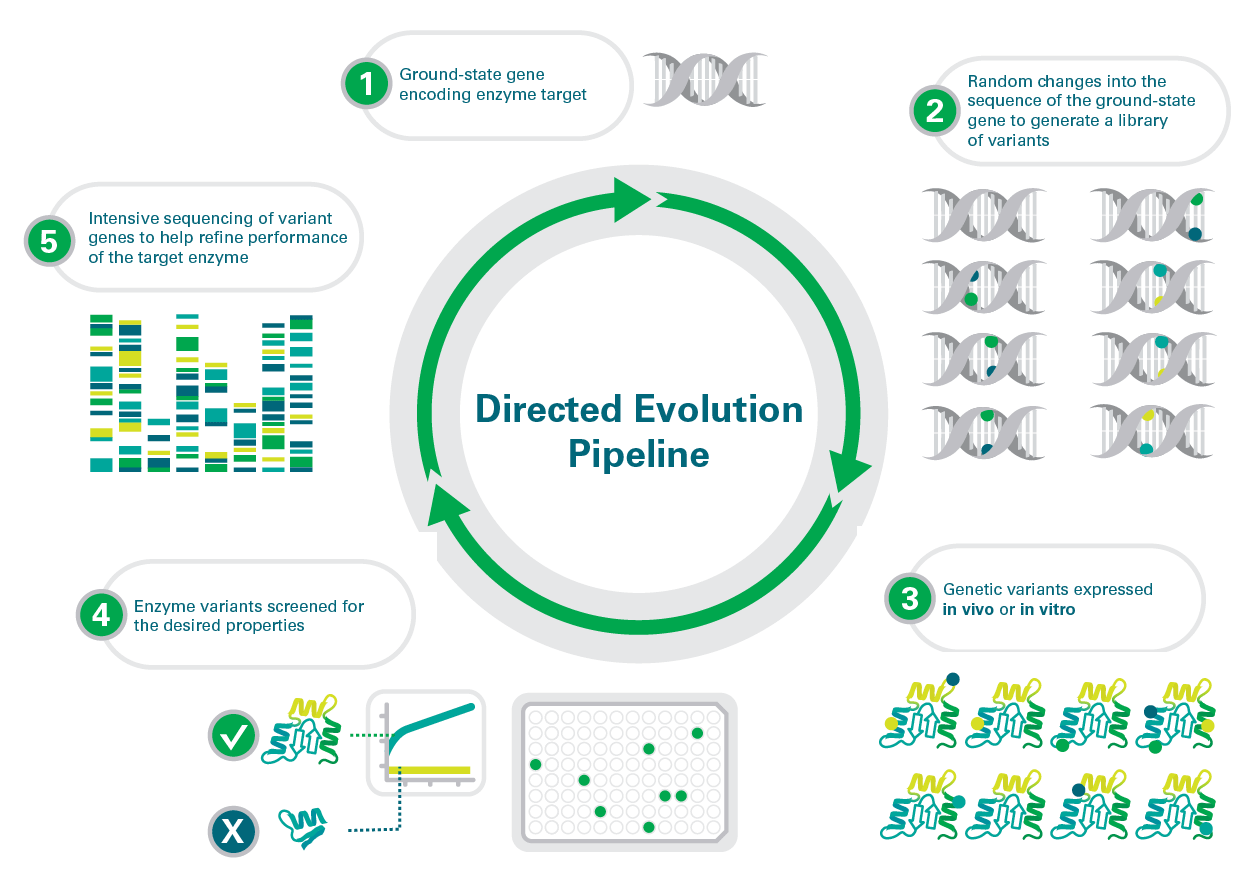
Technology
Harnessing the Power of Nature
Enzymes are Nature’s catalysts, encoded by the genomes of all living organisms. Over more than 4 billion years of evolution, the nucleotide sequences associated with each biocatalyst have been subject to change. The chemical reactions that keep us alive – our metabolism – rely on the biological functions that enzymes carry out.
The transformative effect of enzymes was first discovered several thousand years ago when milk stored and transported in ruminants’ stomachs was curdled by the protease enzyme chymosin (rennet), producing cheese. In the millennia since, the early pioneers of enzymology discovered new ways to improve enzyme catalysis in the production of food and drink and established the principles that contemporary industry still depend on.
Developments in molecular biology and computing over the last fifty years have laid the foundation for a new era of post-genomic biotechnology, replacing the empirical approach used by early enzymologists. Directed evolution is part of this new and exciting landscape, which has made it possible to produce and capture novel enzymes by compressing millions of years of evolution into a matter of days.

Directed Enzyme Evolution
Entropix technology harnesses the power of evolution to develop enzyme products with the unique characteristics required for contemporary research, manufacturing, recycling, and diagnostics.
At Entropix, using innovative skills and capabilities in genetic engineering, enzyme discovery, computational gene sequence analysis, enzyme structure analysis, and machine learning, we set out to map and direct the natural process of evolution.
Our focused process is informed by the intrinsic information entropy observed in natural enzyme sequences, combined with Nature’s capacity to accommodate multiple evolutionary solutions to meet the challenges of Natural Selection. Our in silico accelerated biological processes enable us to develop enzyme sequences with the bespoke characteristics required to solve global challenges in manufacturing, recycling, diagnostics, and research.
As the programmes of directed evolution at Entropix generate increasing numbers of enzymes with modified properties, the nucleotide and amino acid sequences generated are being systematically logged and curated to continually enhance our in silico predictive capabilities. The greater our predictive powers: the faster we can evolve new enzymes.
Our experimental work is powered by a suite of in-house reagents and enzymes and is underpinned by high quality molecular biology products sourced from companies with outstanding reputations, including New England Biolabs.

Contact Us
Please contact our scientific and business teams at [email protected] to discuss enzyme development, collaboration, or investment opportunities.
Entropix Limited
Lab 124
The Heath Business and Technical Park
Runcorn
Cheshire
WA7 4QX
UK
Tel: +44 (0)1928 518228